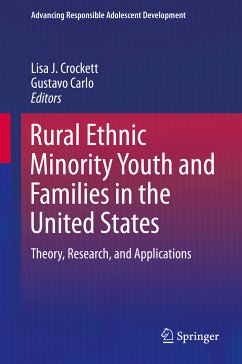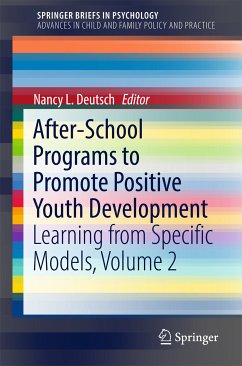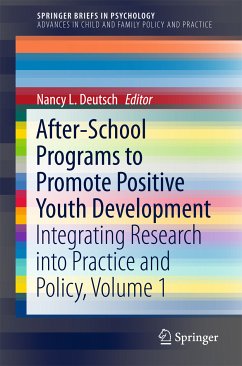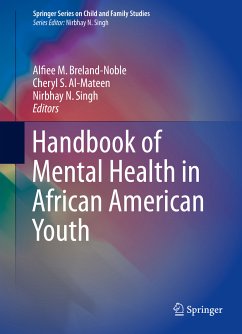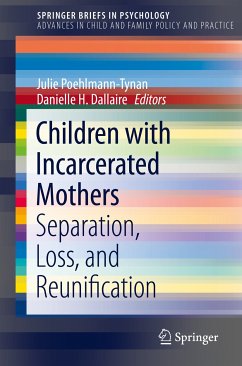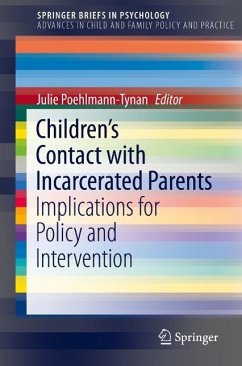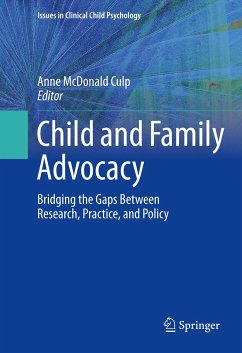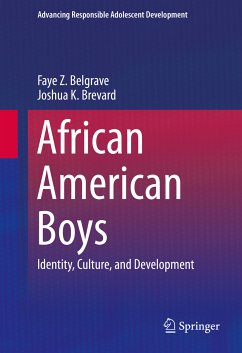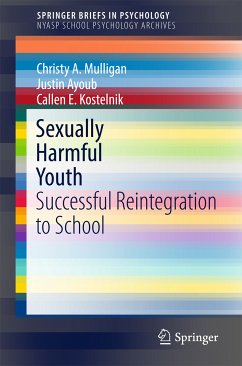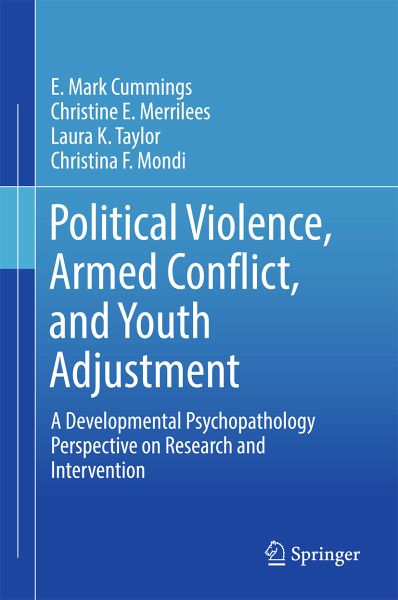
Political Violence, Armed Conflict, and Youth Adjustment (eBook, PDF)
A Developmental Psychopathology Perspective on Research and Intervention
Versandkostenfrei!
Sofort per Download lieferbar
64,95 €
inkl. MwSt.
Weitere Ausgaben:

PAYBACK Punkte
32 °P sammeln!
This book reviews and critiques the growing literature on youth development under conditions of political violence and armed conflict. It presents a robust framework, based in developmental psychopathology, for evaluating current research on this topic for strength of design, methodology, and documentation. Cross-sectional and longitudinal studies from diverse regions and conflicts as well as across disciplines examine risks and challenges as well as resilience and coping as youth develop in unstable and threatening environments. In addition, this book provides strategies for designing and imp...
This book reviews and critiques the growing literature on youth development under conditions of political violence and armed conflict. It presents a robust framework, based in developmental psychopathology, for evaluating current research on this topic for strength of design, methodology, and documentation. Cross-sectional and longitudinal studies from diverse regions and conflicts as well as across disciplines examine risks and challenges as well as resilience and coping as youth develop in unstable and threatening environments. In addition, this book provides strategies for designing and implementing prevention and intervention programs as well as further opportunities for expanding applied research for youth exposed to political violence and armed conflict.
Topics featured in this book include:
- Analysis of major research on youths' normative and pathological development during political violence and war.
- Guidelines for assessing research studies on the impact of political violence and armed conflict on youth.
- The effects of social ecology factors (e.g., family, school, and community) on youth functioning.
- Post-traumatic stress disorder.
- Trauma-Focused Cognitive-Behavioral Therapy.
Political Violence, Armed Conflict, and Youth Adjustment is a must-have resource for researchers, professors, clinicians/professionals, and graduate students in the fields of child and school psychology, family studies, and public health as well as developmental psychology, child and adolescent psychiatry, political science, anthropology, social and peace psychology, sociology, and ethnic studies.
Dieser Download kann aus rechtlichen Gründen nur mit Rechnungsadresse in A, B, BG, CY, CZ, D, DK, EW, E, FIN, F, GR, HR, H, IRL, I, LT, L, LR, M, NL, PL, P, R, S, SLO, SK ausgeliefert werden.
Alle Preise in Euro und inkl. der gesetzl. MwSt. | Innerhalb Deutschlands liefern wir preisgebundene Bücher versandkostenfrei. Weitere Informationen: bitte hier klicken
Support
Bitte wähle dein Anliegen aus:
Rechnungen
Bestellstatus
Retourenschein
Storno



